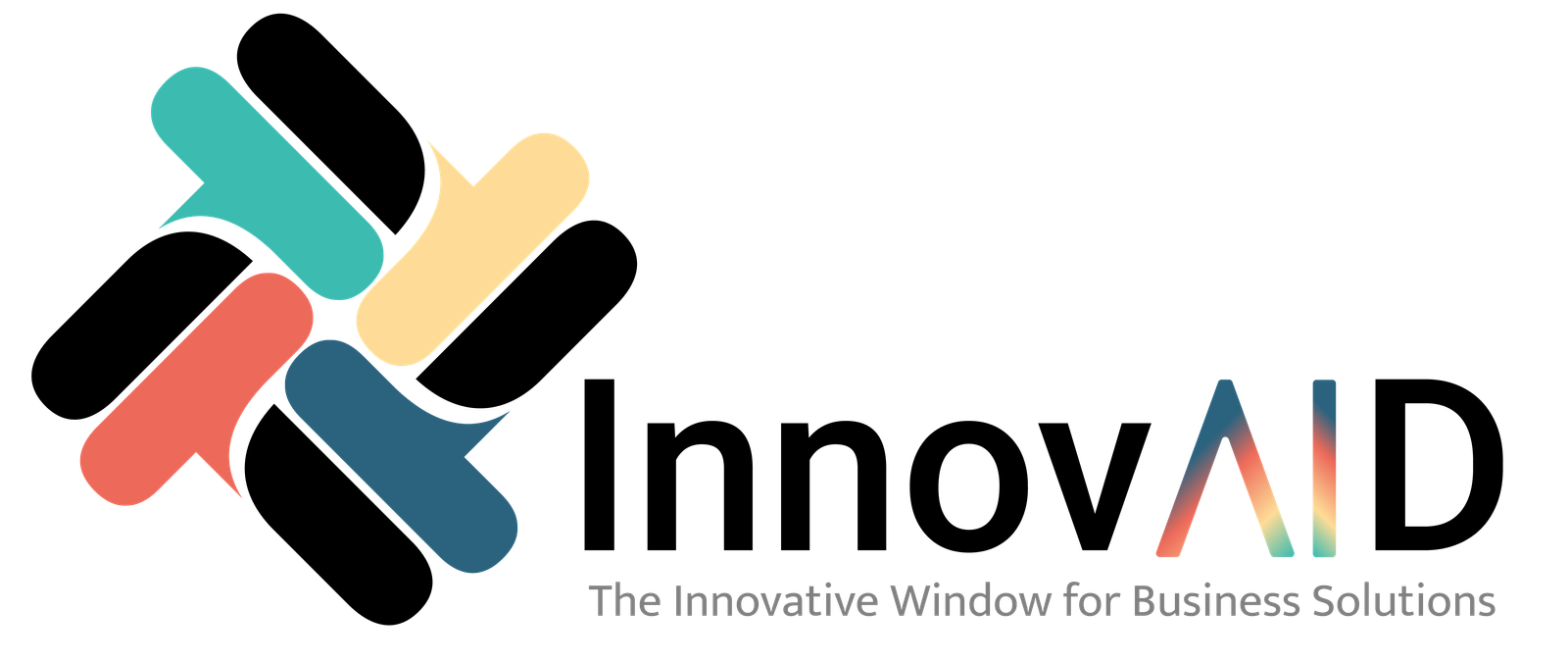AI-Powered Proposal Writing: How NGOs Can Secure Funding Faster?

For nonprofits, securing funding is the foundation of impact. Yet, the process of crafting compelling, fundable proposals is often slow, resource-intensive, and highly competitive.
Many NGOs spend weeks or even months developing proposals, only to be rejected due to unclear messaging, compliance issues, or lack of time to refine their submissions. With limited resources and growing competition for funding, AI-powered solutions are becoming a game-changer in how NGOs approach proposal writing.
💡 Could AI be the key to helping NGOs secure more funding while reducing the burden on teams? Let’s explore. 👇
🚀 The Major Challenges NGOs Face in Proposal Writing
Writing a winning grant proposal isn’t just about telling a great story—it’s about strategic communication, compliance, and precision. Here are the biggest hurdles nonprofits encounter:
1️⃣ The Time-Consuming Nature of Proposal Writing
- Writing a high-quality grant proposal can take anywhere from 40 to 100+ hours per application.
- NGOs juggle multiple responsibilities: program execution, impact reporting, and stakeholder engagement while still needing to dedicate time to fundraising.
- Proposal teams often work under extreme pressure, trying to meet tight submission deadlines while ensuring accuracy and compliance.
🔹 Example: A mid-sized NGO applying for a government grant may have to submit a 40-page proposal with detailed financial reporting, project plans, and impact measurement frameworks. Without dedicated resources, this can take weeks of effort.
2️⃣ High Competition, Low Success Rates
- Less than 20% of grant applications are successful, according to reports from leading philanthropic organizations.
- Funding pools are shrinking, while the number of applicants continues to grow.
- A single mistake—whether it’s a missing section, weak impact statement, or lack of clarity—can result in a lost funding opportunity.
🔹 Example: The Bill & Melinda Gates Foundation receives thousands of grant applications annually. Only a small percentage get approved, with selection criteria becoming increasingly data-driven and precise.

3️⃣ Customization and Compliance Challenges
- Each funder has different guidelines, formats, and evaluation criteria.
- NGOs struggle to customize proposals for each opportunity while ensuring compliance.
- The challenge increases when NGOs apply for multiple grants simultaneously, making manual proposal customization overwhelming.
🔹 Example: A nonprofit applying for funding from both USAID and the European Commission must ensure that each proposal adheres to unique reporting structures, formatting styles, and evaluation metrics. A single oversight can result in disqualification.
4️⃣ The Lack of Dedicated Grant Writers
- Many small to mid-sized NGOs lack experienced proposal writers and must rely on program managers or directors to write grants.
- Writing a persuasive proposal requires deep storytelling, financial acumen, and technical writing expertise, making it difficult for non-specialists to craft compelling applications.
🔹 Example: A grassroots NGO in Africa may have incredible impact stories but lack the expertise to frame them persuasively in a way that aligns with funder priorities. This can lead to missed funding opportunities, even if the organization is highly deserving.
🔹 How AI is Revolutionizing Proposal Writing for NGOs
AI-driven tools are transforming how nonprofits write and submit proposals by automating repetitive tasks, improving content quality, and ensuring compliance.
Here’s how AI is making a massive difference:
1️⃣ AI Automates the Proposal Writing Process
⏳ What used to take weeks, now takes minutes.
- AI-powered tools can instantly generate structured proposal drafts, reducing manual writing time.
- Smart automation ensures proposals are formatted correctly, avoiding unnecessary revisions.
- AI can extract key details from previous proposals and tailor them to new grant applications.
🔹 Example: Instead of manually piecing together past proposals, AI can generate a new draft using optimized content from previous successful applications
2️⃣ AI Improves Proposal Clarity and Persuasiveness
📈 Stronger Proposals = Higher Approval Rates
- AI helps refine language clarity and readability, ensuring proposals are persuasive.
- It can analyze past winning proposals and suggest improvements based on funding trends.
- AI-powered grammar and structure checkers ensure proposals are free of errors.
🔹 Example: An NGO struggling to articulate its social impact can use AI to refine its messaging, making its case clearer and more compelling.
3️⃣ AI Ensures Compliance & Customization
✅ One Proposal Doesn’t Fit All—AI Adapts to Every Grant’s Requirements
- AI scans funder guidelines and ensures proposals match exact requirements.
- Smart customization allows NGOs to reuse core content while tailoring key sections.
- AI highlights missing elements that could lead to rejection.
🔹 Example: If a funder requires a specific budget format, AI can reformat financial reports automatically.
4️⃣ AI Helps Small Teams Work Like Large Teams
🤖 Limited Staff? No Problem. AI Acts as an Extra Set of Hands.
- AI automates repetitive writing and data entry, freeing up valuable staff time.
- Proposal tracking dashboards keep teams organized.
- AI eliminates writer’s block, providing real-time suggestions and templates.
🔹 Example: A small NGO with no dedicated grant writer can use AI to streamline the entire process, increasing funding opportunities without hiring extra staff.
🔹 ProPilot: The AI-Powered Solution for NGOs
At InnovAID Solutions, we created ProPilot—an AI-powered proposal-writing tool designed to help NGOs write stronger proposals, increase approval rates, and save time.
🌟 What Makes ProPilot Different?
✔ Instant Proposal Drafting – AI generates structured, high-quality drafts tailored to funding requirements.
✔ Built-In Compliance Checks – Ensures your proposal meets funder guidelines before submission.
✔ Smart Content Suggestions – Helps refine impact statements and storytelling.
✔ Collaboration & Tracking Features – Keeps teams organized and on track.
💡 Why It Matters: With ProPilot, NGOs can focus on what truly matters—their mission—while AI takes care of the heavy lifting in proposal writing.

Tired of spending countless hours on proposals only to face rejection? ProPilot streamlines the grant writing process using AI-driven automation, ensuring compliance, clarity, and efficiency. Secure funding faster with AI-enhanced proposal writing.
🔹 The Future of Proposal Writing: AI + Human Expertise
AI isn’t here to replace human expertise—it’s here to enhance it.
🔹 What AI Does Best: ✅ Automates time-consuming tasks ✅ Improves clarity and structure ✅ Ensures compliance and formatting ✅ Reduces manual errors
🔹 What Humans Do Best: ✅ Provide strategic insights and mission alignment ✅ Build relationships with funders ✅ Inject emotion, passion, and unique storytelling
✅ The best proposals will come from NGOs that embrace AI as a tool to enhance—not replace—their expertise.
📢 Ready to Secure More Funding? Here’s What to Do Next
If your NGO is ready to write proposals faster, increase funding success rates, and free up valuable time, AI is the future.
🚀 Discover how ProPilot can transform your grant writing process today.
📌 Visit www.innovaidsolutions.com for a free demo!
💬 What are your biggest challenges in proposal writing?
Related Posts





